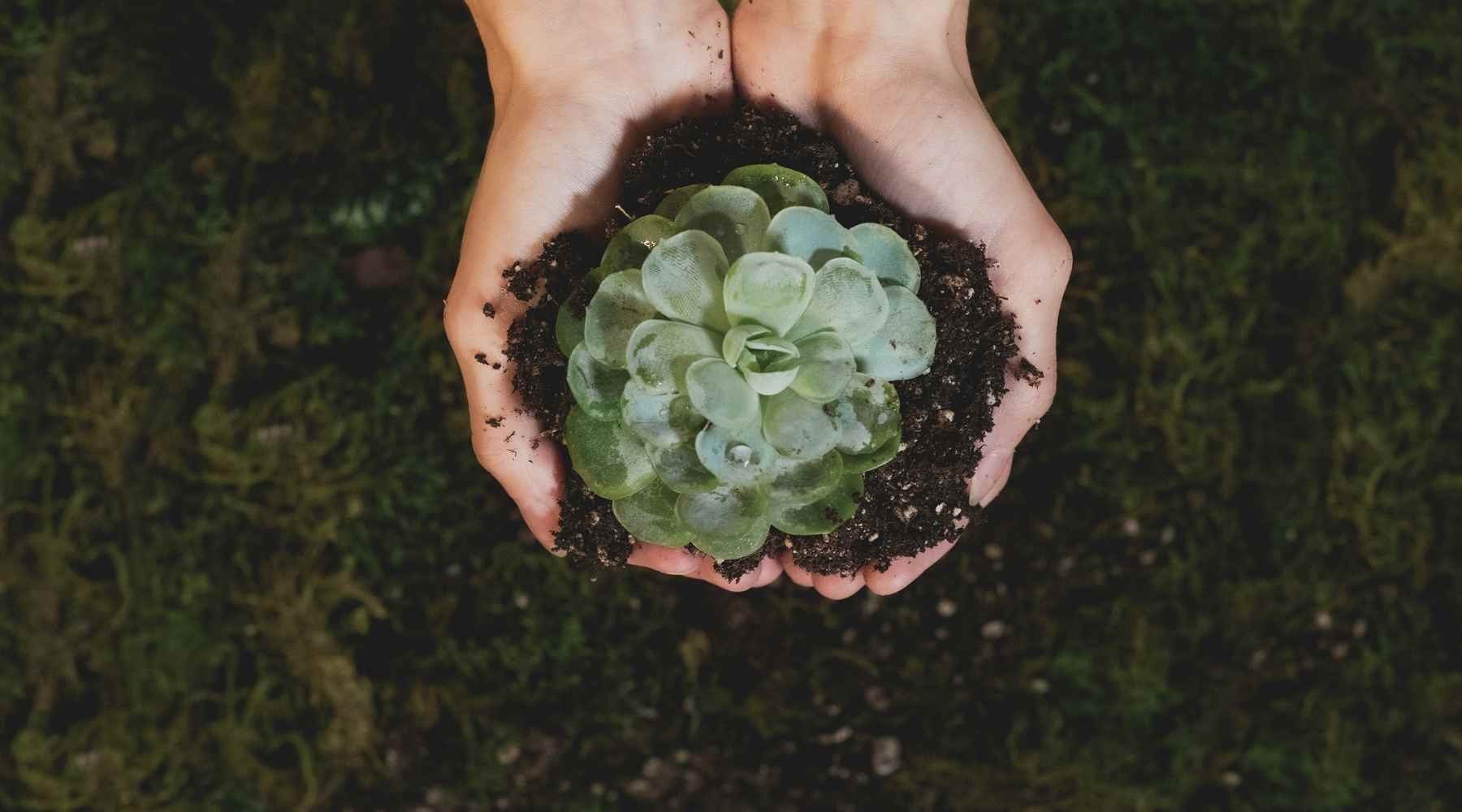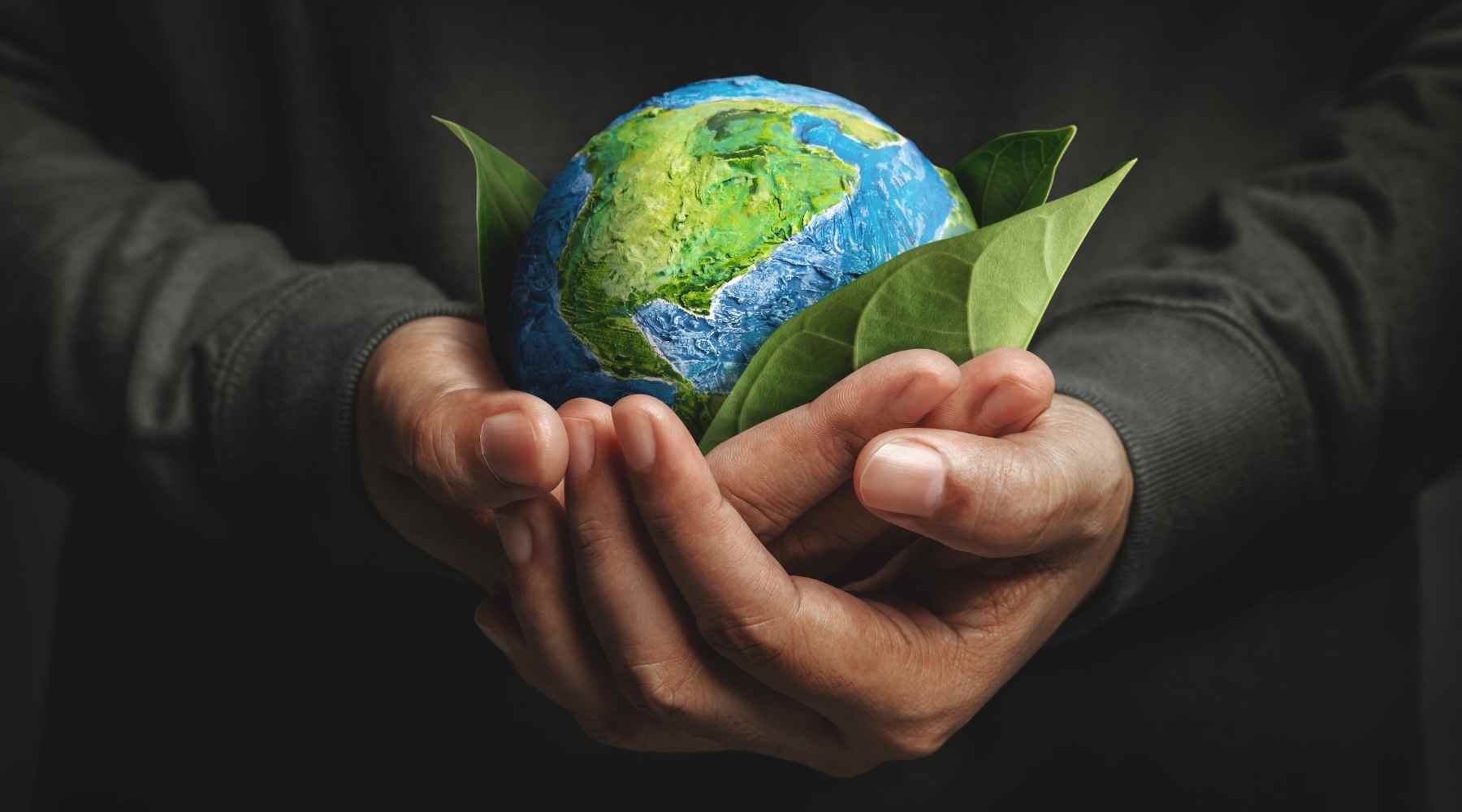World Vegan Day 2023 - How Veganism Benefits the Environment?
Being vegan isn’t new - not by a long shot! Vegan practices have been around for years… Centuries, even. The most common vegan food alternatives, like tofu and certain plant-based milk, have actually been around for longer than you think.
Though veganism as a practice has been around for such a long time, the reasons why we do it may have changed over the years. There was a time when people went vegan for religious reasons. Some went vegan because of certain dietary requirements and restrictions.
For some modern-day vegans like us, we choose to go on this path because of its environmental benefits. And we’re going to dive deeper into the environmental impacts of veganism!
Environmental Benefits Of Veganism

The meat (pun intended) of this little read can be summed up in one question. Point blank and straight to the point - is being vegan or vegetarian better for the environment? Yes. Yes, it is.
But how? Glad you asked because there’s a lot more to it!
The Plant-Based Diet Environmental Impact
Fresh air. We take it for granted a lot of the time. Even so, we bet you wouldn’t be surprised if we said that a field full of crops is environmentally better than a field full of cattle. Producing cattle-based meat will actually produce 96%–98% more greenhouse gas emissions than vegan meat. That’s an outstandingly large difference!
Let’s dial in on the numbers more. A single cow (Literally just ONE) will produce 154 to 264 pounds of methane gas per year. Meat-producing cattle would emit at least 231 billion pounds of methane into the atmosphere each year. Once you see the numbers, it can actually be quite shocking.
If you, at the very least, removed beef from your diet and perhaps saved yourself from consuming 155 pounds of meat a year (that’s roughly the amount of edible beef you can get from a single cow), you could be saving the planet from more than 200 pounds of methane gas. An average man could consume up to 730 lbs of meat per year! Think of the impact that makes.
That being said, how much more impact can a vegan diet offer in comparison? We think a whole lot more! Plus, we haven’t taken into account how much good plants (or in this case, crops) actually do for our environment. These, combined, will help the planet in so many ways!
More Environmental Benefits Of A Vegan Diet

We’ve done the gassy talk. Now let’s get to the other environmental benefits of veganism - and that’s land use. Whether it be cattle, chickens, pigs, or any other animal, they need a place where they can grow. Even if they’re only raised for human consumption, animals need a place to graze and roam free. That, as you may have guessed already, requires a little land.
Animals require a lot more space than you think. It wouldn’t be right to simply confine them to a single small space day and night. There are some studies that support that plant-based meats were more land efficient than their animal counterparts. About 420 times more, give or take. So, how much land does a man need? Well, a lot more if we’re sticking to eating animals. That’s for sure!
Bear with us here as it’s going to be a little tricky explaining this fun fact. It would actually take more land to grow or raise nutritionally similar plant-based and animal-based food. That’s like saying 100 grams of animal protein will take up more land than growing 100 grams of plant protein. Got that? Good.
Also Read - Why Go Vegan?
Veganism Environmental Benefits

Air…Land… What else is missing? The sea or, in this case, water. Since we’ve been comparing crops to animals, chances are you’re thinking that plants need more water to grow. But that’s not all it’s cracked up to be.
Surprisingly, you’d need more water to raise animals for consumption than you would need for crops. Crops need water to grow and to be washed later on. How about animals? They need water to drink, water to be bathed and kept sanitary, and water when you clean out enclosures or living spaces. That’s not yet the entirety of it, but we’re sure you got the picture.
Now let’s talk numbers. Producing pork would actually need 3.3 times more water compared to vegan alternatives. We don’t often realize that raising animals requires more water than growing plants for consumption.
Check Out - 11 Health Benefits of Vegan Diet
Is Being A Vegan Or Vegetarian Good For The Environment?

Now you know that it is! Numbers don’t lie. Even if you’re a vegetarian, you’re already doing so much more good for the planet than you think. This World Vegan Day, we’re glad to know that our choices make a positive impact. We hold ourselves accountable.
If you don’t consider yourself a vegan or a vegetarian, we hope that we convinced you enough to just try it out for a day or maybe two. You might find it pretty awesome. We know we do. We’ll be glad to welcome you here!



